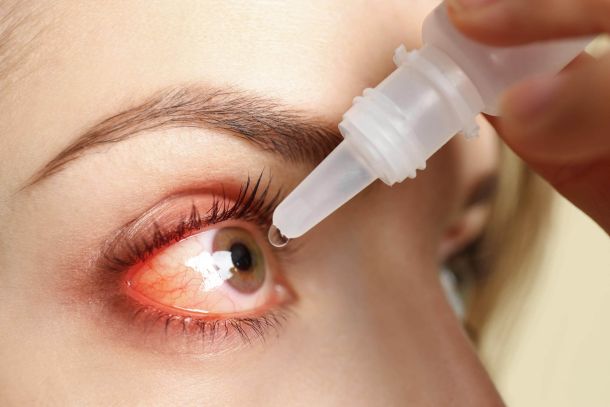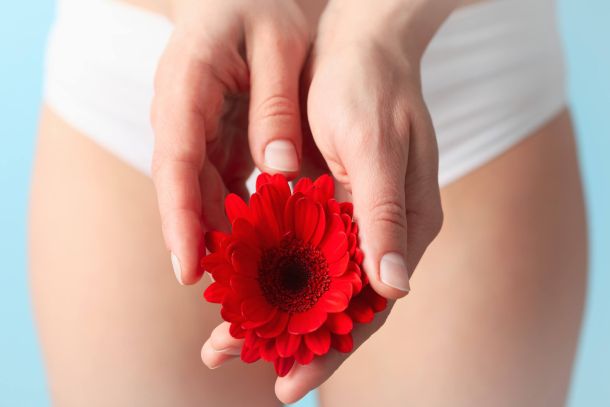Cheek allergy: why it happens and how to treat it
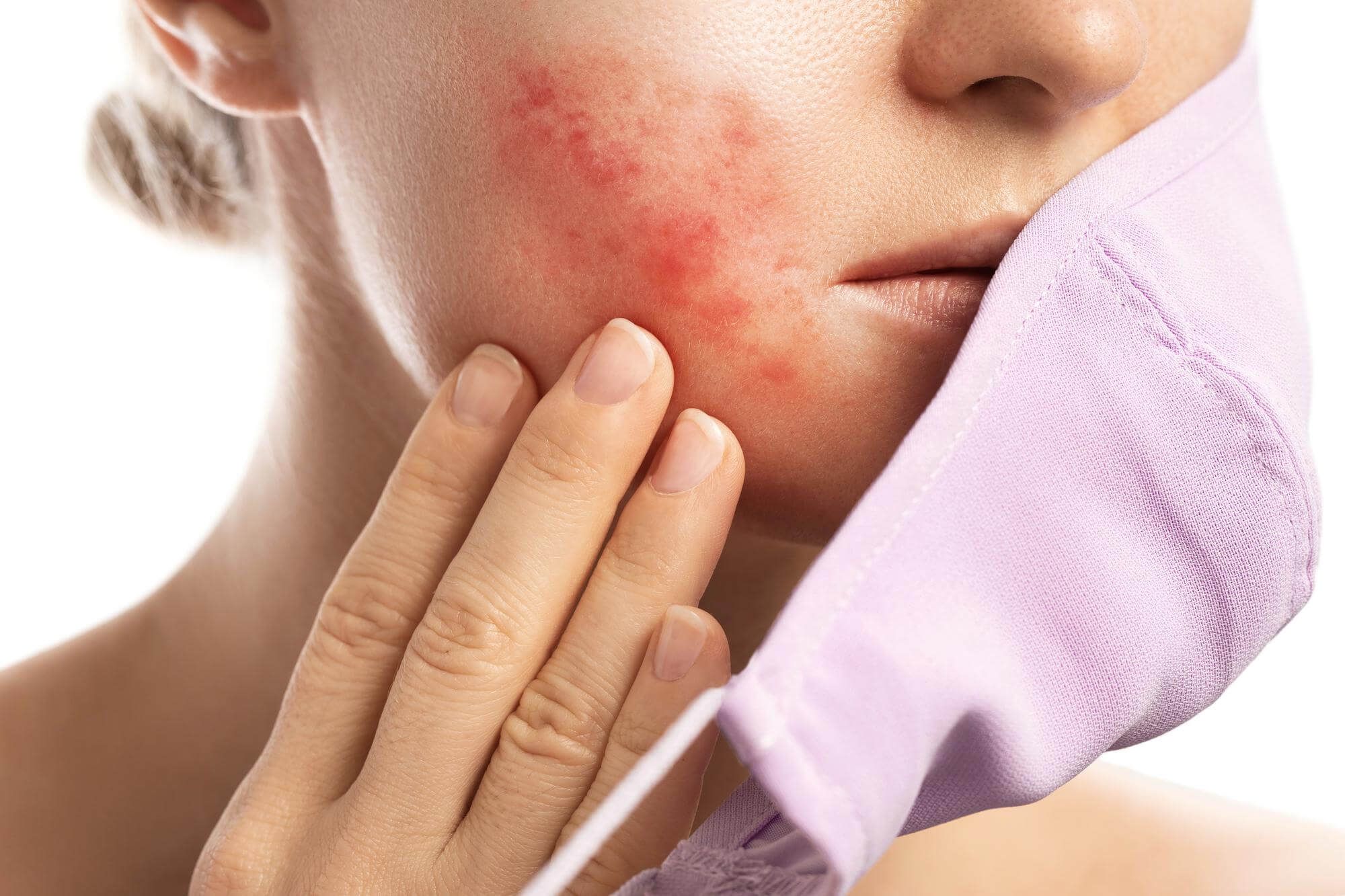

Irina Makarova
Cheek allergy is a fairly common problem, which can occur in adults as a result of various factors. In this article an experienced allergist will explain the causes, symptoms and treatment methods of allergies on the cheeks, as well as the prevention of the disease.
Causes of allergies on the cheeks
Contact allergy
Contact allergy is one of the main causes of allergic rash on the cheeks in adults. It can occur due to exposure to various factors:
- Inappropriate cosmetics and grooming products can cause allergies on the cheeks. Especially dangerous are products with aggressive chemical compositions containing parabens, silicones and perfumes.
- Some textiles, especially synthetic materials, can cause contact dermatitis and an allergic rash on the cheeks of an adult.
Food allergies
Food allergies are another common cause of cheek allergies. Milk, eggs, red caviar, chocolate, nuts, honey, citrus fruits and seafood are classic food allergens.
Allergies to plant pollen

Seasonal allergies to plant pollen can cause an allergic rash on the cheeks, especially when cross-reacting with certain foods.
Seasonal allergies, such as pollinosis, can cause an allergic rash on the cheeks. A cross-reaction is a phenomenon in which the body reacts to similar allergens from different sources, such as birch pollen and apples.
Animal allergies
Animal allergies can cause allergies on the cheeks of an adult, especially if the person has direct contact with a pet.
Allergens can be the hair, dander, and saliva of pets such as cats, dogs, rodents, and birds.
Symptoms of cheek allergies
Skin manifestations
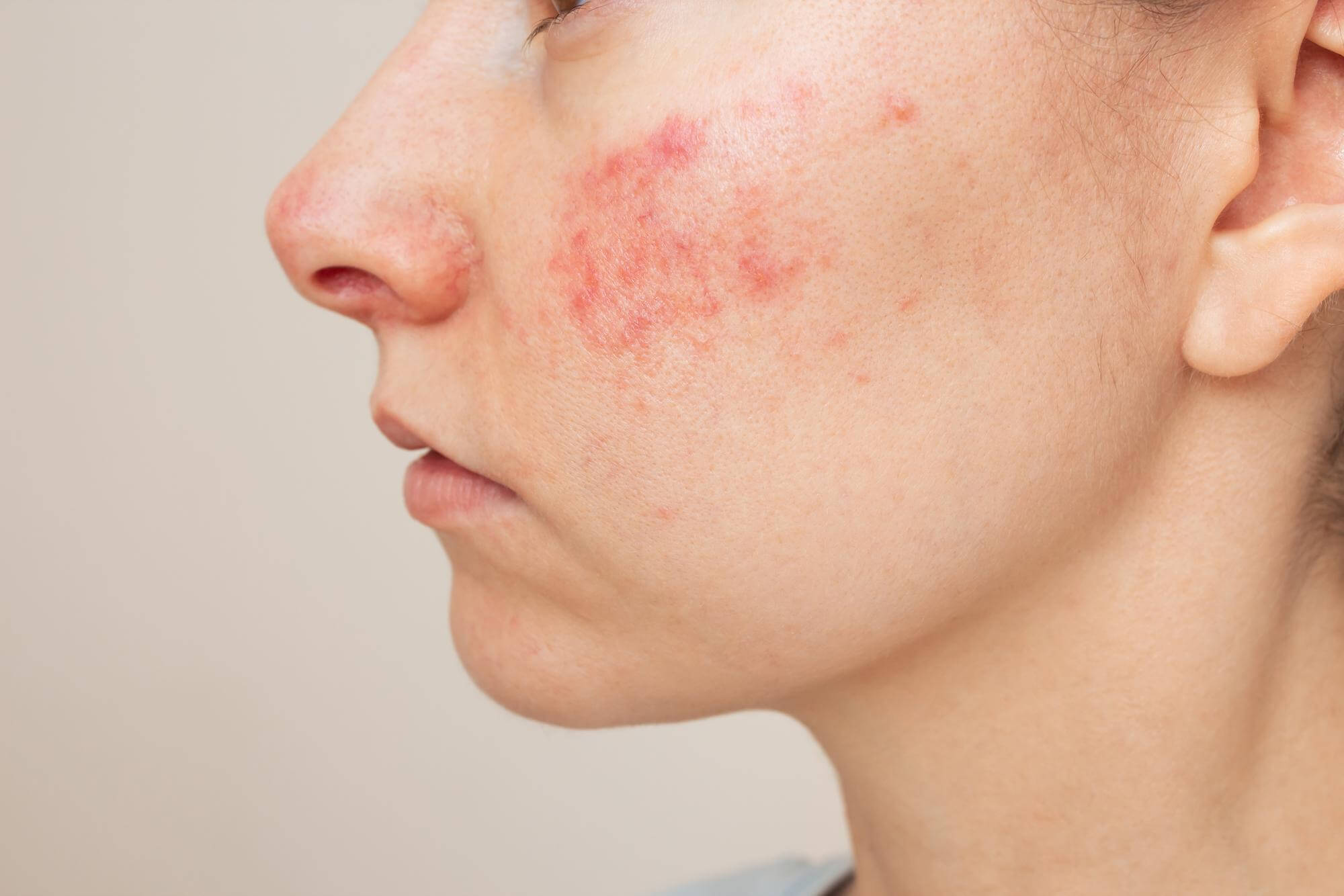
Allergies on the cheeks can manifest with a variety of skin symptoms:
- The skin on the cheeks becomes red, inflamed and itchy.
- The skin may become dry and flaky.
- A rash may appear on the skin of the cheeks, covering the skin in small blisters, or large blisters filled with fluid.
General symptoms of allergies
In addition to skin manifestations, cheek allergies can be accompanied by general allergy symptoms:
- Allergies can cause runny nose, stuffy nose and itchy nose.
- Frequent bouts of sneezing and lacrimation can also be symptoms of cheek allergy.
- In some cases, allergies can lead to shortness of breath and difficulty breathing, especially if the allergen is affecting the mucous membrane of the airways.
Diagnosis of cheek allergy
Diagnosis of cheek allergy begins with a doctor's examination:
- An allergist collects a medical history, considering possible causes of the allergy, and analyzes symptoms.
- Allergen blood tests may be ordered to determine specific allergens.
- Immunological tests determine the level of IgE class antibodies to specific allergens.
Skin tests detect allergies to specific allergens:
- A small amount of the allergen is applied to the skin and the reaction is monitored. In the case of allergies to the cheeks, skin tests are performed on other areas of the skin, such as the forearm.
Cheek allergy treatment
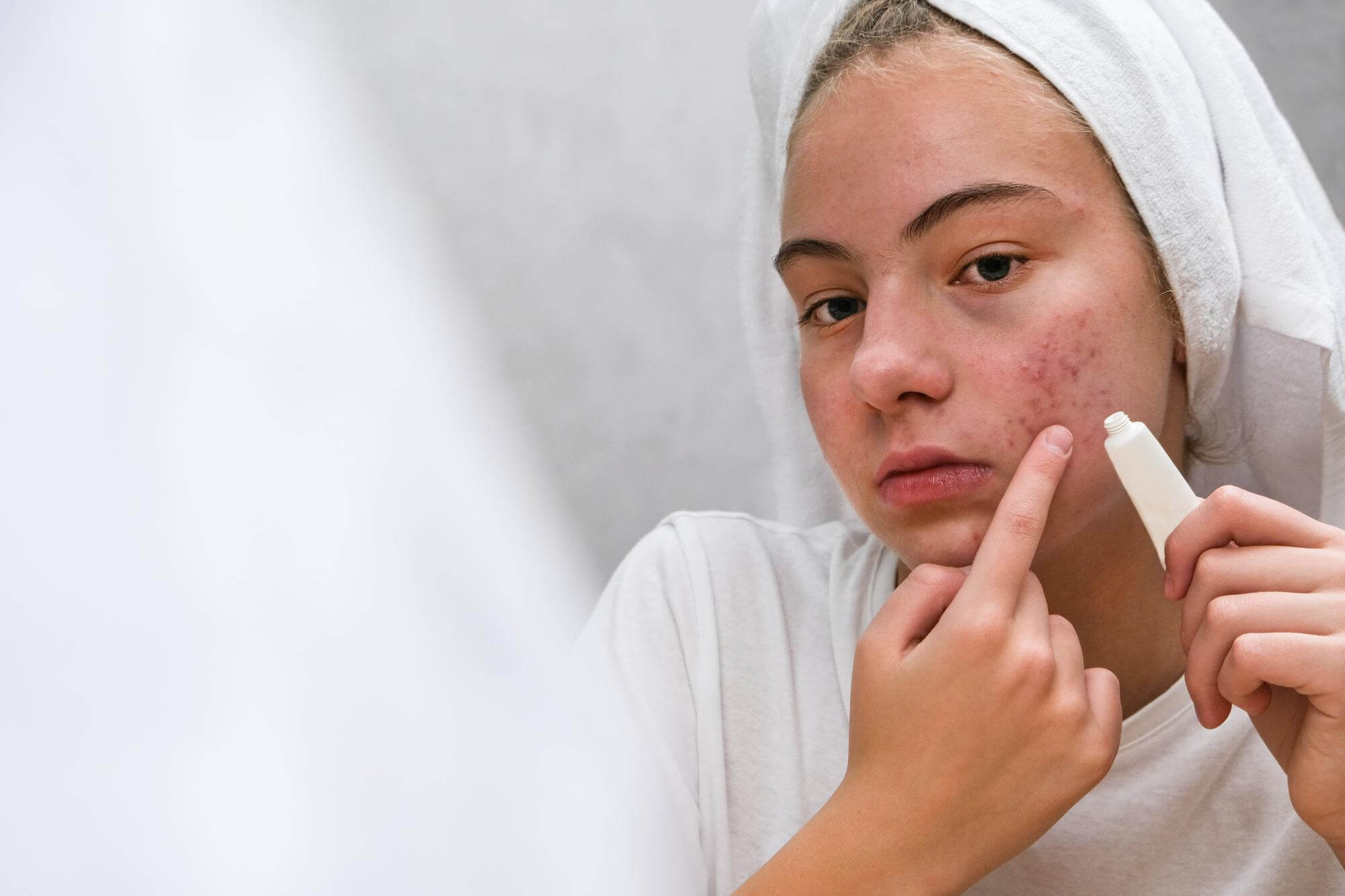
The basis of successful treatment of allergy on the cheeks is to eliminate contact with the allergen:
- Possible sources of allergies, such as pets, dust, flowers and mold, should be removed from the home.
- Only hypoallergenic cosmetics and care products without harsh ingredients should be used.
Medication
Medication treatment for cheek allergies may include the following medications:
Antihistamines, such as loratadine, cetirizine or fexofenadine, help reduce allergic reactions and reduce itching.
Topical anti-inflammatories such as hydrocortisone ointment or elocom may be prescribed to reduce inflammation and itching on the skin of the cheeks.
Physiotherapeutic treatments
Physical therapy treatments for cheek allergies may include:
Ultraviolet skin irradiation (phototherapy) can be used to improve skin conditions and reduce allergy symptoms.
Laser treatment can have anti-inflammatory and healing effects on the skin of the cheeks.
Application of electrophoresis with antihistamines or anti-inflammatory medications may increase their effect on the skin of the cheeks.
Immunotherapy
In some cases, allergen-specific immunotherapy (ASIT), aimed at eliminating sensitivity to allergens, may be recommended. ASIT involves the gradual introduction of allergens under the skin or as drops under the tongue in order to develop resistance to them.
Alternative treatments
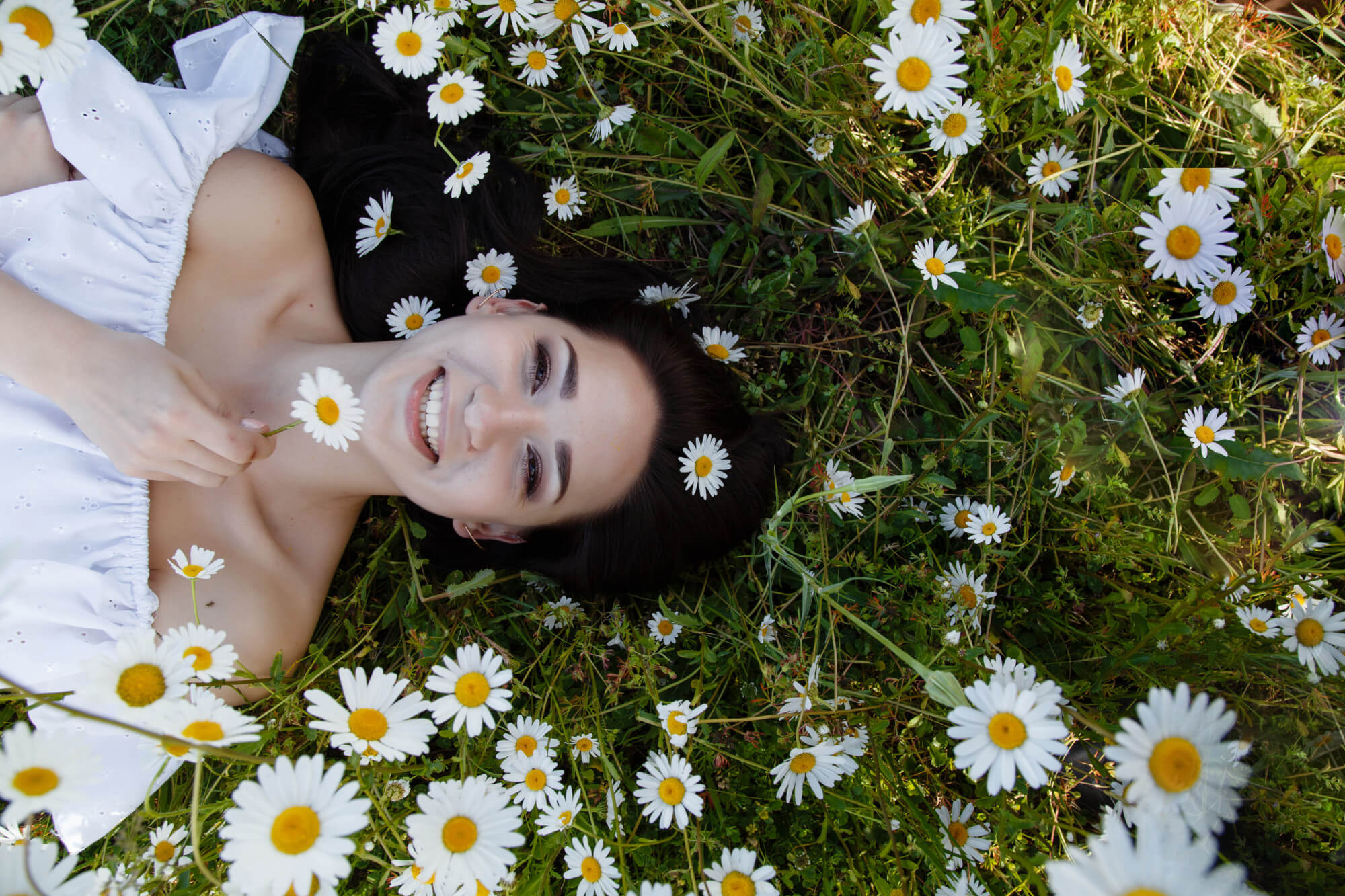
Alternative treatments for cheek allergies may include:
Homeopathic remedies, such as Apis mellifica, can be used to relieve allergy symptoms.
Some herbs and plants, such as calendula or chamomile, can have a soothing and anti-inflammatory effect on cheek skin.
Acupuncture and other reflexology techniques may help relieve allergy symptoms and improve the patient's overall condition.
Preventing cheek allergies
To prevent an allergic rash on the cheeks, especially in an adult, the following preventive measures should be followed:
- Avoid contact with known allergens, including food, cosmetics and textiles.
- Keep the air in the room clean and moist.
- Air the room regularly and remove dust.
- Use hypoallergenic cosmetics and care products.
- Monitor the condition of your skin and seek prompt medical attention if allergy symptoms occur.
Cheek allergies can be caused by various factors, including contact allergies, food allergies, plant pollen allergies and animal allergies. In order to successfully treat and prevent allergies, the cause of the allergic reaction must be identified and contact with allergens must be avoided. It is important to see a specialist in a timely manner and follow his recommendations.
New materials
Popular Articles
We recommend reading
Contact us in the Contact Us section to ask questions, offer ideas, or for more information about our allergy resource.
Our articles are your trusted source of allergy knowledge. Learn how to make life with allergic reactions easier on our specialized portal.
©
Lechenie-Allergii.com. All rights reserved.
© Lechenie-Allergii.com. All rights reserved.
The information on this site is for informational purposes only and is not a substitute for professional medical advice. We recommend consulting with qualified medical professionals for accurate information and advice.
 English
English  Українська
Українська  Русский
Русский 








